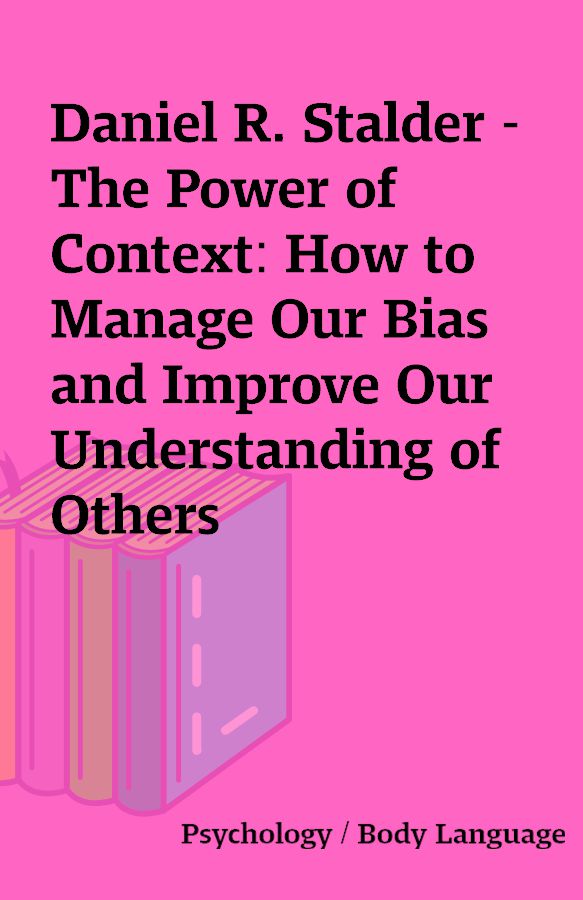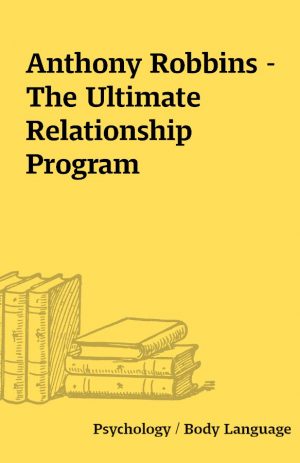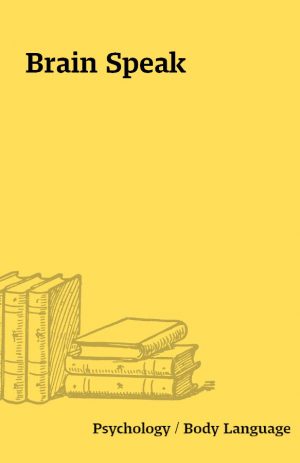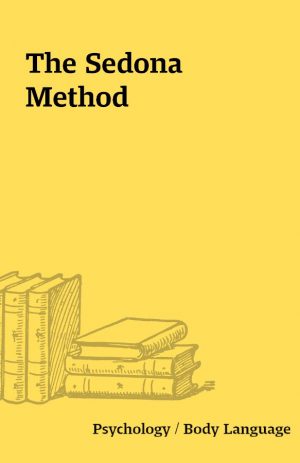Daniel R. Stalder – The Power of Context: How to Manage Our Bias and Improve Our Understanding of Others
The Power of Context – Daniel R. Stalder.epub
[1 eBook – 1 Epub]
Description
A social psychologist focuses on a very common yet rarely discussed bias called the “fundamental attribution error,” showing how being aware of this bias can improve our day-to-day understanding of others.Social life involves making judgments about other people. Often these snap judgments turn out to be wrong when we overlook context. Social psychologists call this pervasive bias the “fundamental attribution error.” This book explores the many ways in which this error creeps into our social interactions, frequently causing misunderstanding, hurt feelings, and negative treatment of others.Psychologist Daniel R. Stalder examines common examples of this error, from road rage and misinterpreting facial expressions to “gaydar,” victim blaming, and prejudice. The common denominator in these diverse examples is that we falsely assume inherent traits or intentions while overlooking situational factors that might explain a person’s behavior. Conversely in the actor-observer bias, we explain our own sometimes questionable behaviors by appealing to situational factors. For example, when you tailgate others, there’s always a good reason, but when others tailgate you, they are obviously in the wrong.Stalder also reveals little-known information about classic studies of context, considers both the upsides and downsides to bias, and shares numerous strategies to reduce bias. Filled with interesting examples, new insights, and an abundance of research, this informative and entertaining book will help us understand each other and reduce conflict.Editorial ReviewsReview“Stalder’s book is an invaluable bundle of intriguing insights, fascinating science, and practical advice on how we can all be more rational. Anyone who happens to be in possession of a human brain will benefit from reading this brilliant book immediately!”—Guy P. Harrison, author of At Least Know This: Essential Science to Enhance Your Life “We all make snap judgments and faulty assumptions. In this book, Daniel Stalder gives a fascinating and detailed take on our biases, judgments, and misconceptions. He advises us to be careful about overgeneralizing and to be open to the possibility of our own biases. He also demonstrates how reducing the fundamental attribution error can reduce anger, stress, misguided retaliation, and conflict with others. Emphasizing the power of context, Stalder argues that we can improve on the initial assumptions we make about people. This is a well-written and well-researched book.” —Larry Atkins, author of Skewed: A Critical Thinker’s Guide to Media Bias, teaches journalism at Temple University and Arcadia University“Anyone who embraces opportunities to think in more discerning and unbiased ways will find that this absorbing book will stimulate their ‘thinking about their thinking.’ Daniel Stalder encourages readers to reflect on and question their attitudes and their tendencies to judge themselves and others. The book shows how adopting greater precision and compassion in our cognition and interpretation of events consequently results in more productive actions and life-enhancing emotions.” —Dr. Debbie Joffe Ellis, psychologist, adjunct professor at Columbia University, and coauthor of Rational Emotive Behavior Therapy with her late husband, Albert Ellis”Fascinating. . . . The book is quite timely, coming in a period of great political and social division. In its careful analysis of common human judgmental tendencies and its broad-reaching implications, this book offers a thoughtful antidote to the rampant bias and irrationality in much of today’s social discourse.” —John H. Harvey, Professor Emeritus, Department of Psychology, University of Iowa, and author and editor of several books on attribution theory in social psychology, including the three-volume series New Directions in Attribution Research“Stalder makes a strong case for the important implications that research findings on judgmental bias have for everyday behavior, and he does so without overselling the results. For readers unfamiliar with the fundamental attribution error and related phenomena, this will be an interesting and accessible introduction; for social psychologists, the draw will be the many critical discussions of the field’s classic ideas.” —Leonard S. Newman, PhD, Area Director, Social Psychology Program, Syracuse University“This book is a gem, and a unique gift to social psychology. Aside from being a first-rate scholarly analysis of the fundamental attribution error, one of the field’s guiding (and not totally noncontroversial) principles for over fifty years, the book is beautifully written and superbly communicated. The author is passionately devoted to his bias of choice but also extraordinarily judicious in not going for the ‘hard sell.’ One is constantly encouraged to think, to reflect, to recognize the uncertainties and exceptions to the rules at issue. Stalder’s seamless blend of research analyses and generalizations to everyday life is a model of its kind, displaying the author’s diligence and expertise. The book’s chapters read as a series of elegantly crafted essays, as Stalder presents a remarkably inclusive panorama of studies and examples, frequently in the context of his own life as a brilliant and compelling teacher.” —Arthur G. Miller, Professor Emeritus, Department of Psychology, Miami University“Stalder and his sources pin the responsibility for our opinions being out of sync with reality on Fundamental Attribute Errors, or FAE. He traces how our opinions become skewed by political, social, and economic factors that implant mainly erroneous impressions (FAE) in our minds, coloring our estimations of people and ideas. Everyone who treasures independence of thought should study this.” —Robert Graef, author of IgnoranceAbout the AuthorDaniel R. Stalder is an award-winning social psychologist who is professor of psychology at the University of Wisconsin-Whitewater. His many publications cover biases, individual differences, and cognitive dissonance theory. He has been interviewed by the Atlantic, The Verge, NPR, and other outlets. He runs the PARBs Anonymous website (“Persons at Risk of Bias”), which discusses how to use social psychology to reduce bias and conflict. He has won several teaching awards and in 2016 received the Letters & Sciences Excellence in Research Award from the University of Wisconsin-Whitewater.File Size: 1140 KBPrint Length: 330 pagesPublisher: Prometheus Books (April 17, 2018)http://www.amazon.com/Power-Context-Manage-Improve-Understan…
You must be logged in to post a review.






Reviews
There are no reviews yet.